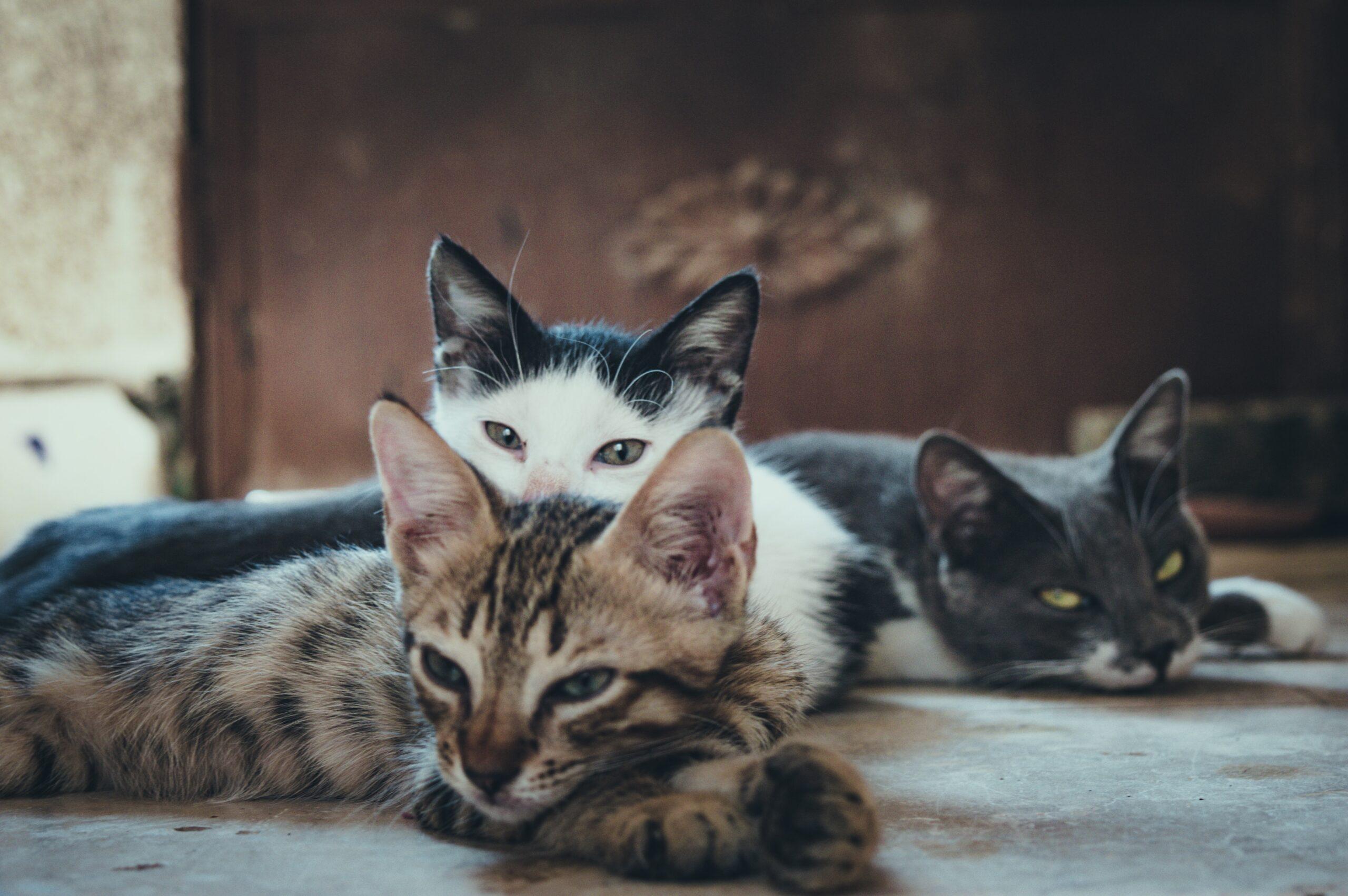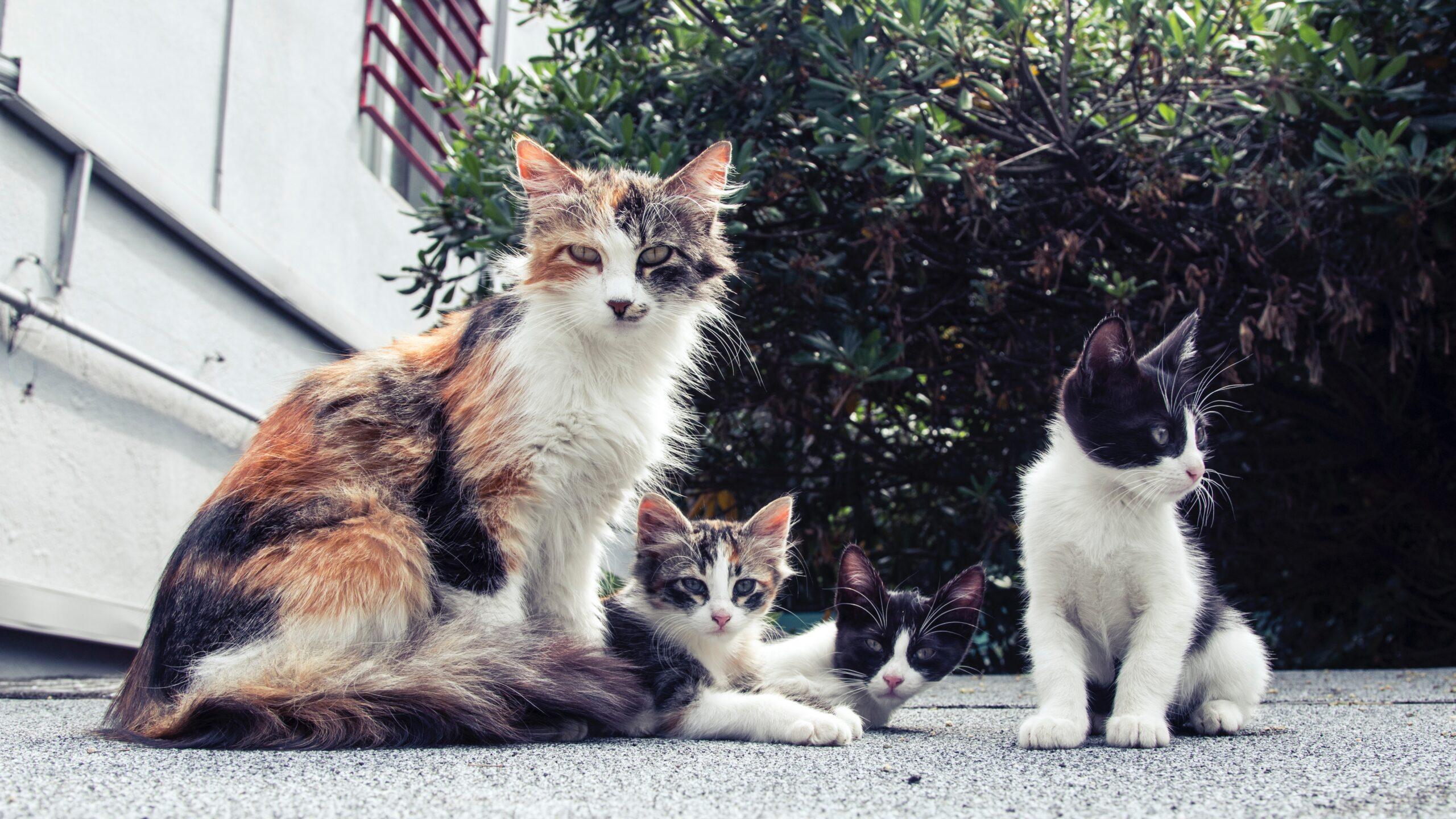Cats, one of the most famous animals in the world, have conquered the hearts of most of us. Well, would you believe us if we said that this conquest even affected our political views? Yes, even if it sounds hard to believe, cats, the masters of our hearts, actually affect us beyond their cuteness.
Also Read: What is IoT Technology? Which Devices Support IoT Technology Today?
Caused by a Parasite Called Toxoplasma Gondii

Cats have a huge impact on humans. It is true that these naughty, smart and cute animals are mysterious creatures, but it is interesting that they affect people's political views. So how come cats can influence political views? Actually, the essence of the matter is a little more complicated. It usually happens when a parasite called “cat parasite” is infected because it is transmitted to humans from the litter of unvaccinated cats. It turns out that a single-celled parasite, whose Latin name is Toxoplasma gondii, plays a role in shaping people's political choices.
According to a study, this parasite has affected one-third of the world's population. In a new study published in Evolutionary Psychology, it was stated that the parasite Toxoplasma gondii can cause changes in individuals' political views and values. “People infected with Toxoplasma gondii do not show any particular symptoms,” the article states. However, it was determined that many diseases and disorders as well as personality and behavioral differences were seen at a higher rate in these people.
Leads Infected People to Take Risks
A single-celled parasite called Toxoplasma gondii makes mice bolder. Thus, he turns the risk-averse mouse into a brave rodent. If these brave rodents become prey to cats, the parasite settles in the intestines of cats and finds the opportunity to breed in suitable conditions here. It can then be transmitted from cats to humans. The parasite is acting through what's called brain manipulation. According to a study, people with the parasite are more likely to take certain risks than others. However, it is not yet clear how this is possible. Humans are not immune to the parasite called Toxoplasma gondii. People can contract this parasite when they clean the litter of their pet cats, eat the meat of infected lamb, pigs or deer, and eat unwashed vegetables.
Effects of the parasite under investigation since 1992

According to the Independent Turkish report, the parasite usually does not cause any obvious symptoms in healthy people. However, it can be dangerous for pregnant women or people with weakened immune systems. Professor, who has been working on this parasite for many years at the University of Prague. Dr. “Our laboratory has been investigating the effects of latent toxoplasma infection on human behavior and personality since 1992,” said Jaroslav Flegr. Although there is not enough data on how the parasite affects people's behavior, the scientists who signed two studies say that the cysts left by the parasite in the brain may play a role. Because these cysts are known to increase dopamine production in the brain and dopamine affects people's reward and risk assessments. The parasite is thought to make an infected person more likely to take risks.
In the study, in which 2,315 people participated, 477 of the participants were infected with the parasite. According to the survey results, these people were more inclined to be loyal to a group and to favor that group. At the same time, it was seen that they approached libertarian thoughts and anti-authoritarian ideas with a distance. On the other hand, the researchers also identified possible differences between the sexes. Males with the parasite were more likely to favor economic equality and a less competitive society. This was a result that the researchers never expected. Infected women were found to be more distant to libertarian ideas, but the researchers stressed that these differences between the sexes are not conclusive findings yet. Future research with more participants may yield more accurate results in this respect.





No comments yet for this news, be the first one!...